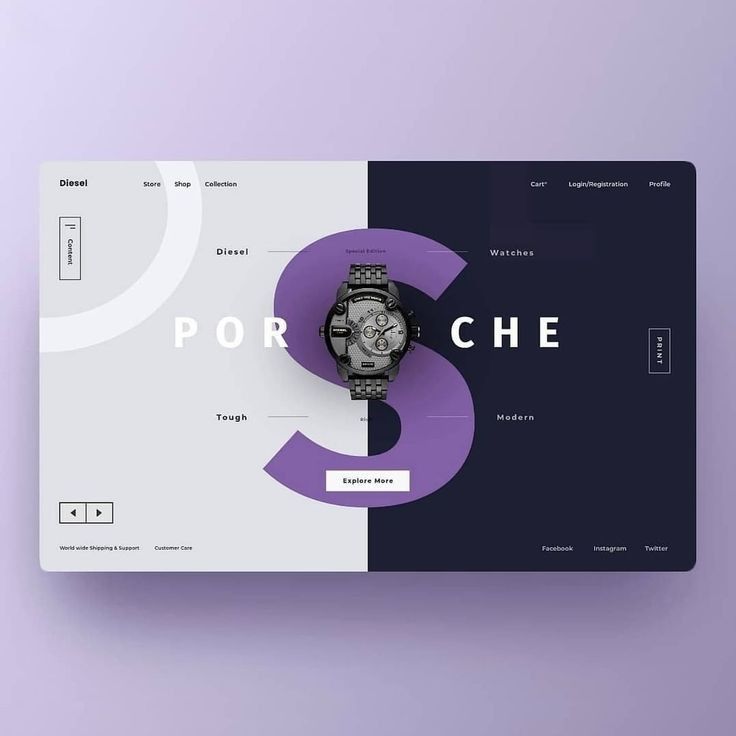In today’s digital world, web development is one of the most in-demand and rewarding career paths. With the growing need for businesses to establish a strong online presence, web developers are finding endless opportunities across industries. But one of the most common questions aspiring developers ask is: “Do I need a degree to become a web developer?” The simple answer is no, a degree is not mandatory — but having one can still be beneficial. Let’s explore why.
1. Skills Matter More Than Degrees
In web development, your skills and portfolio often speak louder than a formal degree. Employers and clients usually care about what you can build, not where you studied. If you can demonstrate your ability to design responsive websites, write clean code, and solve real-world problems, you’ll already stand out in the job market.
Key skills every web developer should have include:
-
HTML, CSS, and JavaScript for front-end development
-
Frameworks like React, Angular, or Vue
-
Backend languages such as Node.js, Python, or PHP
-
Database management with SQL or MongoDB
-
Version control using Git and GitHub
2. Alternative Learning Paths
You don’t need a four-year computer science degree to learn web development. Many developers today are self-taught or have gained expertise through online courses, bootcamps, or YouTube tutorials. Platforms like freeCodeCamp, Udemy, Coursera, and Codecademy offer structured learning paths for beginners.
Bootcamps are particularly effective for those who want to switch careers quickly. They provide intensive, project-based learning that focuses on practical skills employers seek.
3. Building a Strong Portfolio
A degree might get your foot in the door, but a strong portfolio can land you the job. Creating and showcasing your own projects — such as personal websites, e-commerce platforms, or web applications — helps employers assess your real-world skills.
Make sure your portfolio:
-
Highlights a variety of projects
-
Demonstrates problem-solving abilities
-
Shows clean, readable code
-
Reflects your creativity and technical understanding
4. Networking and Freelancing Opportunities
Without a degree, networking can play a huge role in career growth. Join web development communities on LinkedIn, GitHub, or Reddit. Participate in hackathons and open-source projects — they help you build connections and gain practical experience.
Freelancing platforms like Upwork, Fiverr, and Toptal are also great places to start. By completing small projects, you can build credibility and eventually grow your client base.
5. When a Degree Can Help
While not essential, a degree can still be helpful in some situations. Larger companies or government organizations may prefer candidates with formal education in computer science or software engineering. A degree can also help you understand complex algorithms, system design, and theoretical concepts that may give you a deeper technical edge.
However, many employers are becoming more open to skills-based hiring, especially in tech fields like web development.
Conclusion
A degree can be helpful, but it’s not a requirement to become a successful web developer. What truly matters is your ability to learn, adapt, and build. With the right mix of skills, projects, and passion for technology, you can start a thriving career in web development — with or without a formal degree.

